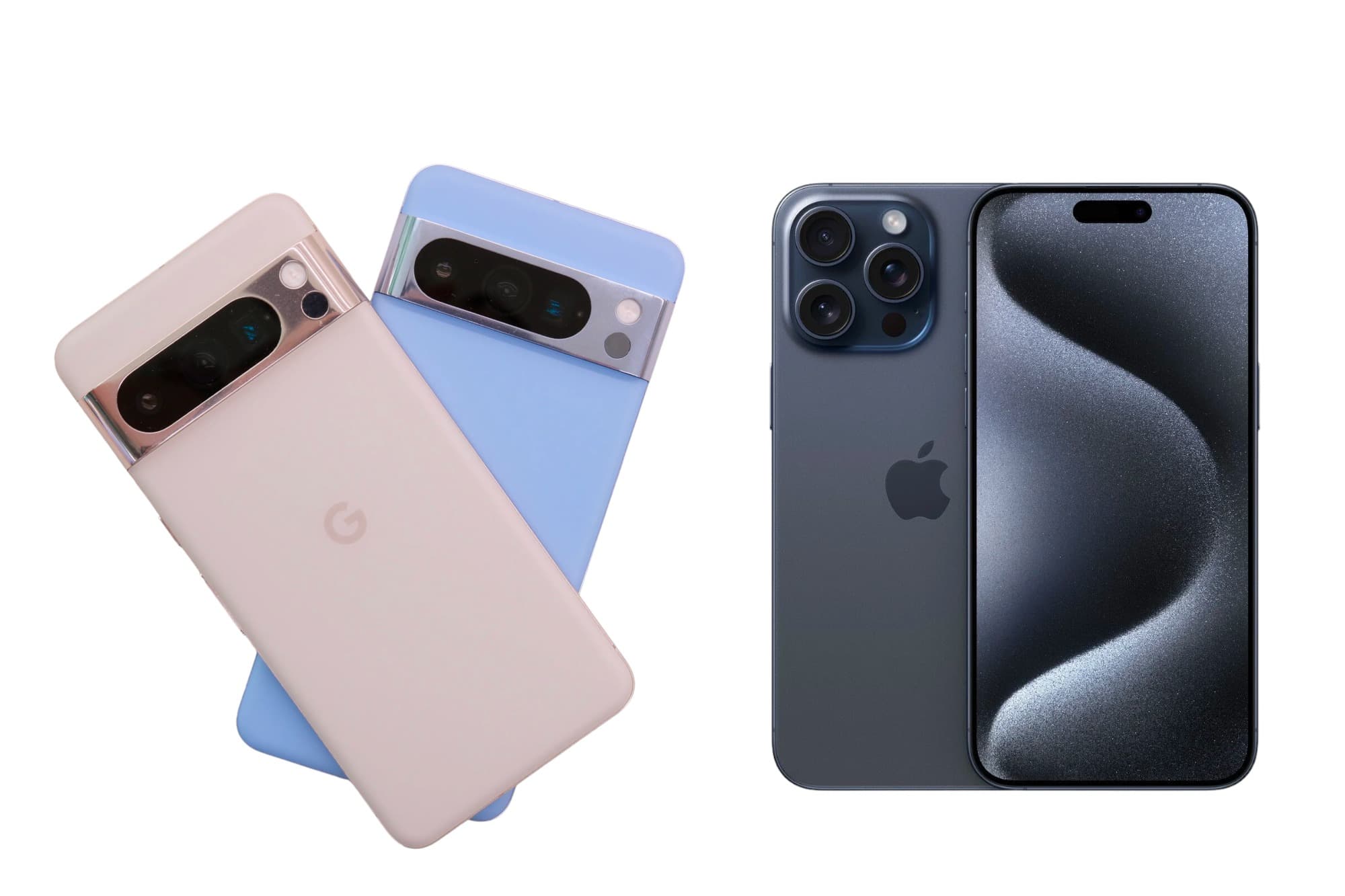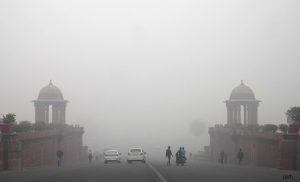Indonesia Blocks Google Pixel and iPhone 16 Sales to Enforce Local Component Rule
Indonesia’s recent ban on Google Pixel and Apple iPhone 16 sales highlights the country’s emphasis on local content requirements in technology. The rule mandates that smartphones sold domestically must consist of at least 40% locally manufactured components, aiming to promote domestic industry involvement. Indonesia’s Ministry of Industry asserts that these regulations aim to create a fair environment for all investors by encouraging companies to source components locally, either through partnerships with Indonesian suppliers or by investing in local production.
Although Google Pixel phones are not officially distributed in Indonesia, buyers can still import them privately and pay import taxes, though the government is considering enforcing stricter controls, potentially by disabling unauthorized devices.
This move has sparked a debate about its economic impact. Critics, like Bhima Yudhistira from the Center of Economic and Law Studies, argue that the regulation serves as “pseudo protectionism” and may discourage foreign investment by creating an unfavorable perception among global companies looking to enter the Indonesian market.
The ban comes as Indonesia, a highly tech-savvy nation, represents a significant market for tech investments, with established brands like OPPO and Samsung currently leading the market.














Post Comment